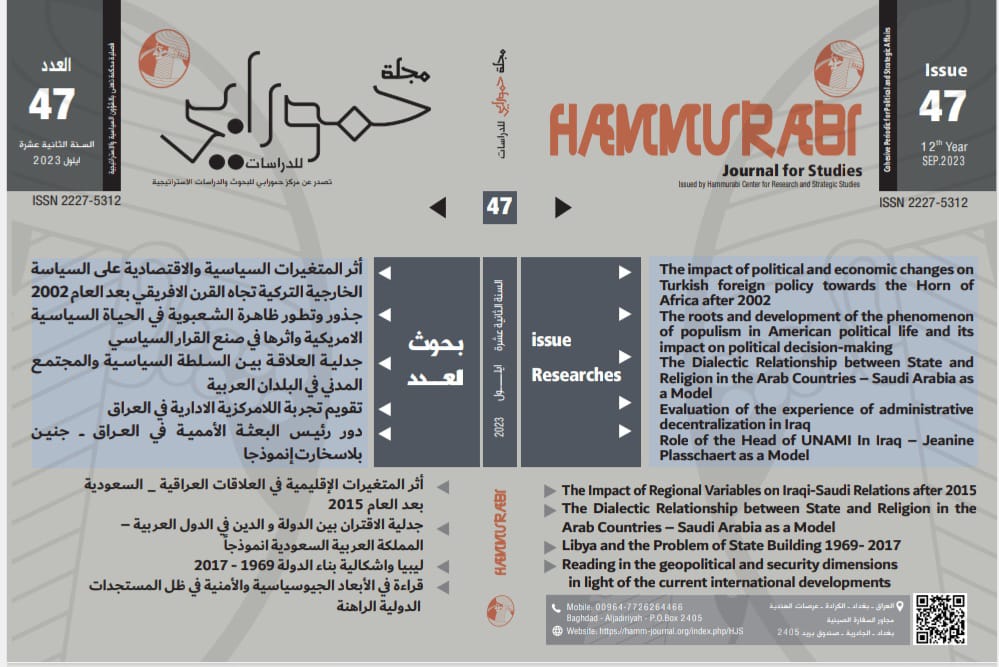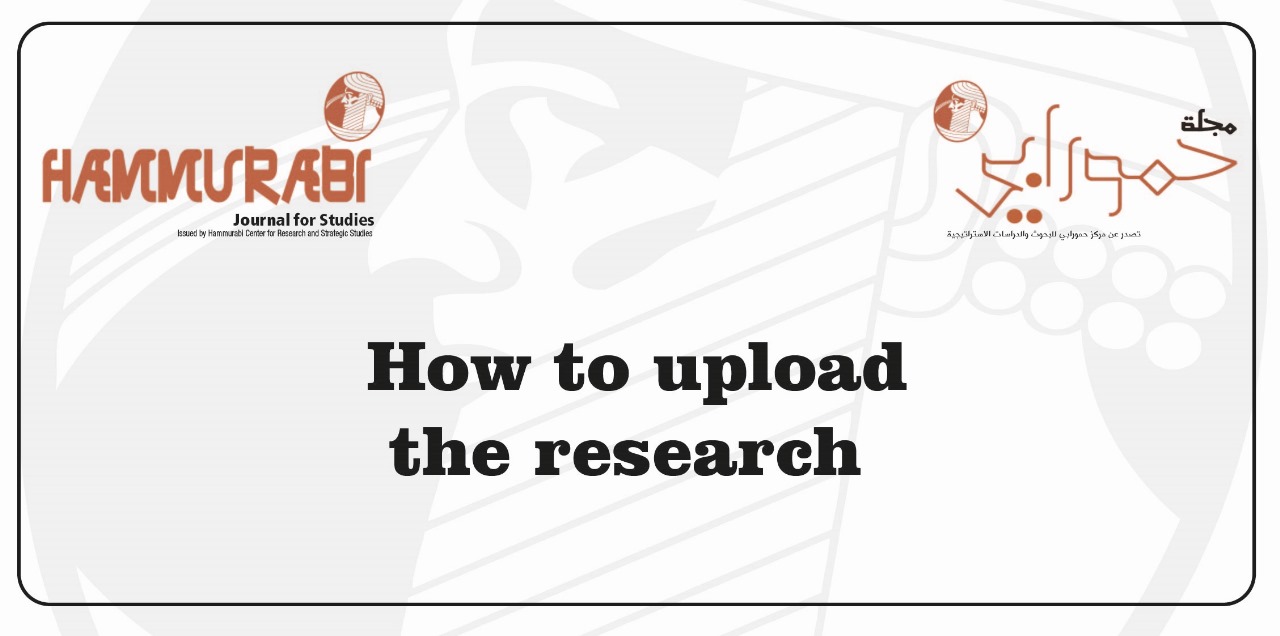The Dialectic Relationship between Political Authority and Civil Society in the Arab Countries
Abstract
Consensus requires consensus between blocs and parties constituting and representing the entire society and within the framework of the veto right system. One of the results of the application of democracy to the House of Representatives is that the condition of consensus has become a mechanism that disrupts the political and legislative decision, and disrupts the oversight role, which is the safety valve from the arbitrariness of the executive authority. The decision is done through consensus between the capable blocs and sects, governed by balances and responding to the interests of the social group. Voting is done according to the rule of the majority of representatives of legislative councils which is a vote later for the consensus that takes place outside the parliament.












